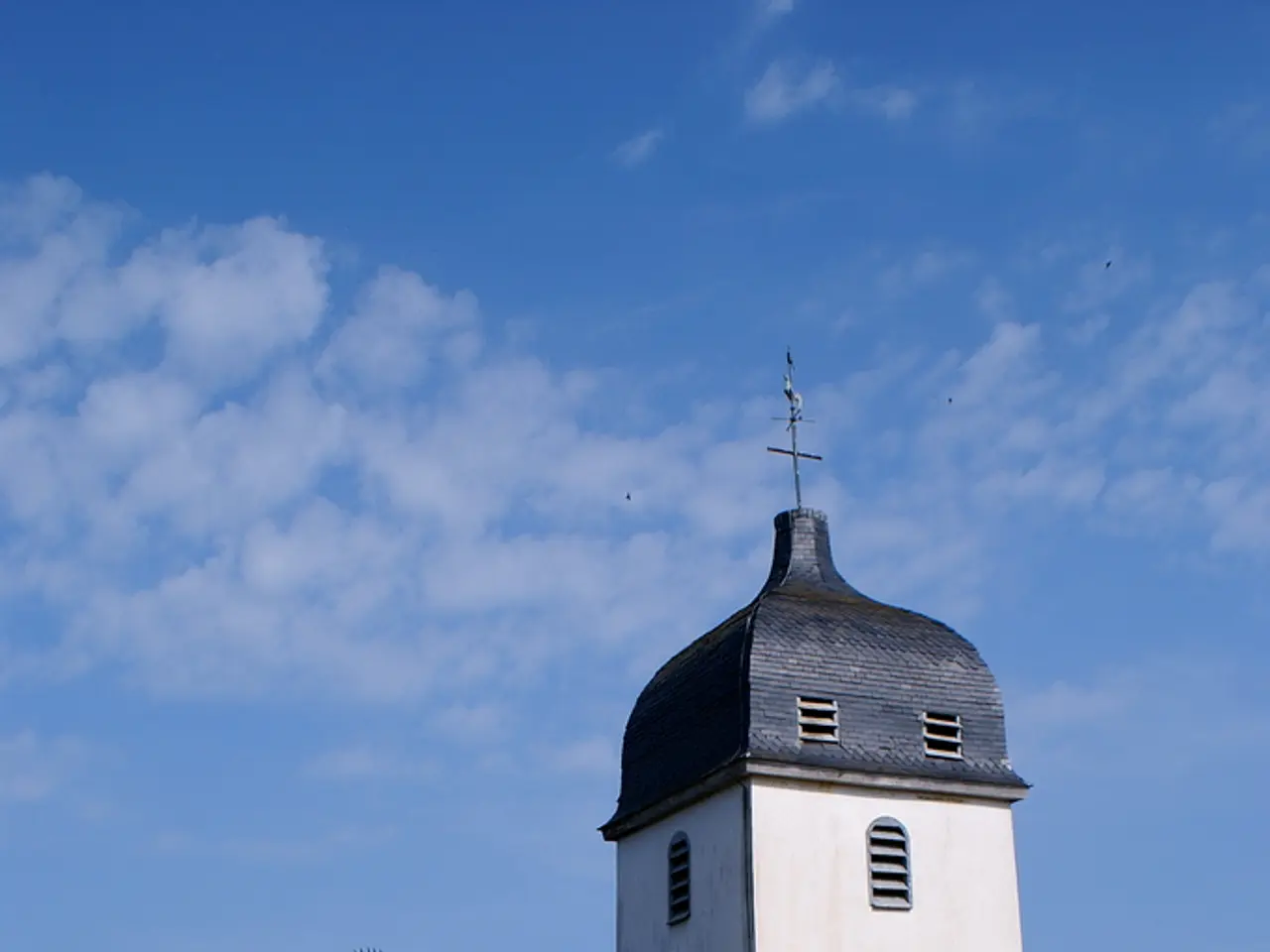"The relentless misuse of our environment is deeply troubling"
In the heart of West Africa, the Methodist Church of Ghana is making strides in integrating environmental preservation and social justice into its faith and ministry. This shift towards sustainability and stewardship is a response to contemporary ecological challenges and a vital adaptation of faith for the future.
Prominent within this movement is Kwabena Asamoah-Gyadu, an ordained minister and professor at Trinity Theological Seminary in Legon, Ghana. With over 30 years of service, Asamoah-Gyadu advocates for religious tolerance, collaboration, and a focus on persecuted Christians and those working in disadvantaged areas.
The Methodist Church of Ghana's commitment to sustainability is evident in its recent launch of the Methodist Economic Development Program (MEDP) at its 2024 Conference in Kumasi. The MEDP aims to create sustainable livelihoods, indirectly supporting environmental sustainability through economic empowerment that encourages responsible resource use.
Across Africa, Methodist and broader Christian leaders are engaging in faith-based advocacy for environmental preservation, linking it to social justice, peace, and community empowerment. Jesuit leaders in Southern Africa and networks like the Jesuit Justice and Ecology Network Africa (JENA) actively promote environmental justice, alongside peace, human dignity, and reconciliation.
Youth leaders in Malawi are also taking action, representing strong local faith-based community engagement on issues like clean energy and sustainable agriculture. The United Methodist Church has commissioned young adults in Ghana as Global Mission Fellows, equipping them to address interconnected issues of social and environmental justice.
While formal large-scale environmental programs within the Methodist Church of Ghana are still developing, there is clear momentum towards combining faith with ecological preservation across churches in Ghana and Africa. However, challenges remain, particularly in Africa due to deforestation, illegal mining, and destruction of aquifers.
In Ghana, the church has faced other challenges. The Methodist Church has issued a public statement stating that it does not support the ordination of LGBT individuals, as they believe it is not in line with Scripture. The church also needs to speak out more aggressively against the destruction of the environment. Additionally, addressing poverty is a critical area that the church is striving to address, particularly by investing in health care and social services.
Despite these challenges, the Methodist Church in Ghana, with its roots in British Methodism but a conservatively evangelical and charismatic bent, continues to make significant strides in promoting sustainability, social justice, and community empowerment. The church's current presiding bishop, Kwabena Asamoah-Gyadu, emphasizes the importance of collaboration, religious tolerance, and recognizing each other's humanity before judging based on religion.
As the church navigates these complex issues, it continues to inspire and engage its congregation and the wider community, providing a beacon of hope for a sustainable and just future. With over 600 students at Trinity Theological Seminary, the Methodist Church in Ghana is equipping the next generation of leaders to carry forward this important work.
References:
- Methodist Church of Ghana
- Methodist Economic Development Program (MEDP)
- Methodist Church of Ghana Launches Economic Development Program
- Environmental Preservation and the Methodist Church of Ghana
- United Methodist Church Global Mission Fellows
- The Methodist Economic Development Program (MEDP), launched by the Methodist Church of Ghana, aims to create sustainable livelihoods, contributing to environmental sustainability through economic empowerment that promotes responsible resource use.
- In the realm of education and self-development, over 600 students at Trinity Theological Seminary, led by Professor Kwabena Asamoah-Gyadu, are being equipped to address interconnected issues of environmental preservation, social justice, and personal growth.
- As the Methodist Church of Ghana evolves, integrating science, climate-change, and environmental-science into its faith and ministry, it encourages its members to adapt their lifestyles for a sustainable and just future, making a significant impact within West Africa and beyond.




